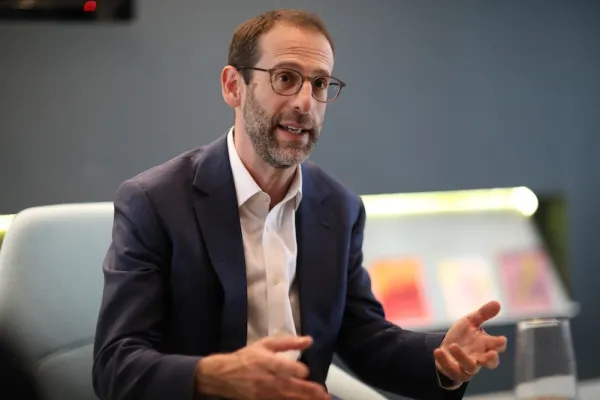Investors are calling for the U.K. government to put education at the top of its new green finance agenda, as members of parliament prepare to hear evidence from the industry on Tuesday.
Pension trustees and asset managers will appear before the Environmental Audit Committee this week as part an inquiry to inform the priorities of the government's Green Finance Taskforce. The task force was formed to support the U.K.’s Clean Growth Strategy, an initiative to cut carbon dependency and establish the U.K. as a world leader in green finance.
Russell Picot, trustee chair of HSBC Bank’s U.K. pension fund, Will Fox-Robinson, director of U.K. institutional business at Natixis Investment Managers, and Diandra Soobiah, head of responsible investment at the National Employment Savings Trust, are among those giving evidence.
Other asset managers that have engaging with policymakers include Aviva Investors, Hermes and Schroders.
[II Deep Dive: U.K. Government Pensions Told to ‘Go Green’]
Steve Waygood, Aviva Investors’ chief responsible investment officer, said his firm is urging the task force to focus on financial literacy and global leadership, among other themes.
According to Waygood, there is currently around £2 billion ($2.8 billion) in unclaimed assets – forgotten pools that insurers and asset managers hold onto when they cannot trace the owners. Aviva believes this cash should be used to improve financial literacy in the U.K., which would, in turn, stimulate demand for sustainable finance products.
“The U.K.’s existing green finance infrastructure means that we are incredibly well-placed to lead on the international stage,” he said. “What could be more relevant than using the assets that sit dormant within the financial system to shine a light on its inner workings and encourage and empower public engagement to shape a more sustainable future?”
Meanwhile, Morphic Asset Management co-CIO Chad Slater believes the government’s focus should be on encouraging investment in innovation funds partnering with colleges and universities. Slater, a portfolio manager of the Trium Morphic ESG Long-Short Fund, said the U.K. government’s early-stage investment fund has shown an appetite for backing research innovation.
“We’d advocate that they should allocate directly to universities in research grants,” he said. “The U.K. has some of the best universities in the world – use them. True innovation, perversely, happens at the public level, not the private level.”
Last week, a separate report from the European Commission’s High Level Expert Group on Sustainable Finance suggested that the cost of meeting the trading bloc’s green targets, including a 40 percent cut in greenhouse gas emissions, would cost around €180 billion ($224.4 billion) of addition investment each year. The financial sector, the group concluded, “has a key role to play.”







